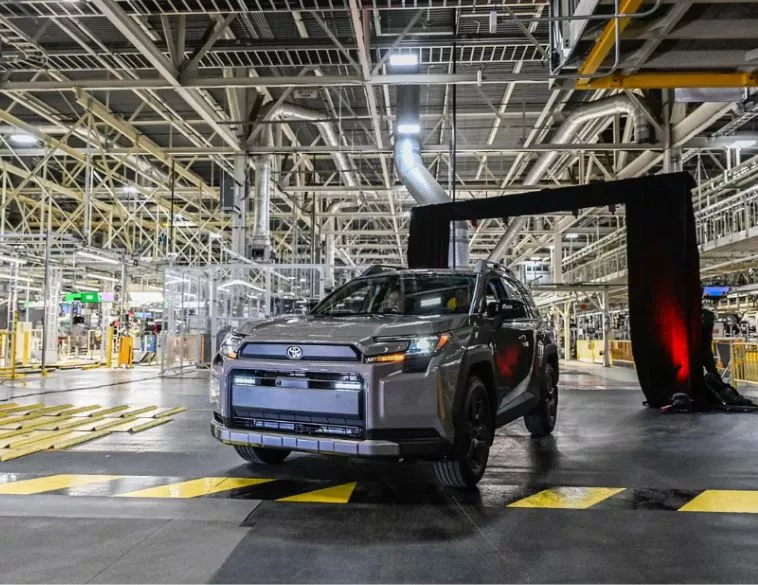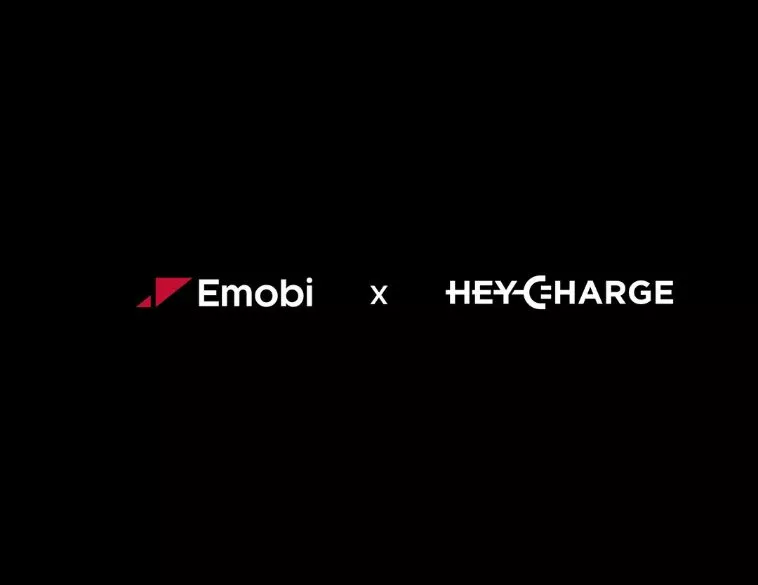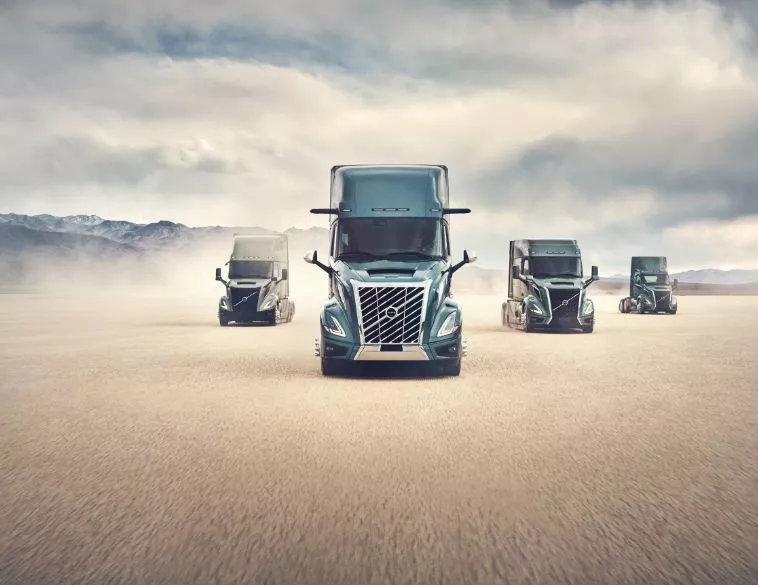Bodywork on Commercial Trucks

This auto body shop owner upgraded his facilities to take on the big jobs.
David Brodeur owns an auto body shop in Magog, Quebec—a part of the province that serves as a transit corridor to the United States. Like any good entrepreneur, he wanted to grow his business and to diversify his operations to include the repair of recreational and heavy-duty vehicles.
“There wasn’t a real service offering of this kind in our region, and I quickly spotted the opportunity,” explains Brodeur, co-owner of Carrosserie All-Star, Heavy and Recreational Vehicles. “Before moving ahead with the idea, I validated the potential of this market with the insurance companies we work with for light-vehicle repairs. They confirmed that they were actively looking for quality repair services for commercial vehicles in our area.”
Making the transition happen
The decision was made to expand the existing shop, and Brodeur brought in Maxime Mayrand, a diesel mechanic who was already part of the team, to help carry out the project as co-owner. For years, the shop had helped out truckers, delivery drivers, and construction companies. The time had come to make it a distinct division.
The shop opened in the spring of 2020, just in time to be caught up in the storm of the pandemic. Paradoxically, that period proved to be beneficial for the team. “We used the time to make sure we had the right equipment—and more importantly, the right repair processes,” says Brodeur.
Indeed, medium- and heavy-duty trucks often rely heavily on fibreglass in their body construction. Repairing them requires specific know-how. Moreover, for the safety of the workers—some of whom transitioned from the light-vehicle shop to the heavy-duty one—proper protective equipment is essential.
“We invested in training to learn how to work with this material,” says Mayrand, “and we also worked with the suppliers of our materials and paint to understand the correct processes. We had the time to run plenty of tests to find the best solutions.”
Today, the commercial vehicle team includes five technicians, with Mayrand lending a hand, as needed. Demand is strong—so strong that no promotion has been necessary for the past two years. A new expansion is even planned for this fall. “We want to add a second paint booth and put into operation a sandblasting system we acquired,” says Mayrand. “We want to offer custom service for construction equipment we can refurbish. There’s high demand for construction equipment upgrades in the fall, and snow removal equipment in the spring.”
Managing time
The company’s management is well aware of how a commercial vehicle’s downtime impacts daily operations. Here, downtime directly affects the profitability of transport, delivery, or utility companies. The schedule is built accordingly, and in close collaboration with clients.
“We always leave open slots for urgent situations, like getting a truck back on the road after an accident,” says Mayrand. “Between those emergencies, we plan less time-sensitive work, like repainting a new truck in company colours. We have a solid team, and can deliver on promised timelines. With experience, we also know that what looks like a simple body panel repair might reveal more serious issues, like chassis corrosion. That’s why we always build in some flexibility.”
When asked what types of vehicles they repair most, in terms of volume, the partners said that their client base is very diverse. For example, the shop handles many commercial vans that other light-vehicle body shops don’t have the space or equipment to accommodate. The massive paint booth may be used one day for these vans, and the next for the cab and chassis of a heavy-duty truck—or even an excavator ready for a makeover.
A growing sector
If the partners are considering adding more workspace, it’s because this distinct division is profitable. “You know, it makes sense that our hourly rate is high. One truck takes the space of four cars,” says Mayrand with a smile. Of course, the equipment is also more expensive, due to its greater capacity.
Having developed expertise in fibreglass repair, the shop also repairs many recreational vehicles and watercraft—contracts that nicely fill out the schedule in a region known for its outdoors activities.
“We’ve reached a nice balance in our operations,” notes Brodeur. “There’s a lot of variety in our team’s work, which keeps things interesting. We see significant seasonal fluctuations.”
In short, Carrosserie All-Star has successfully entered a promising market—similar to light-vehicle repair, yet entirely its own.









